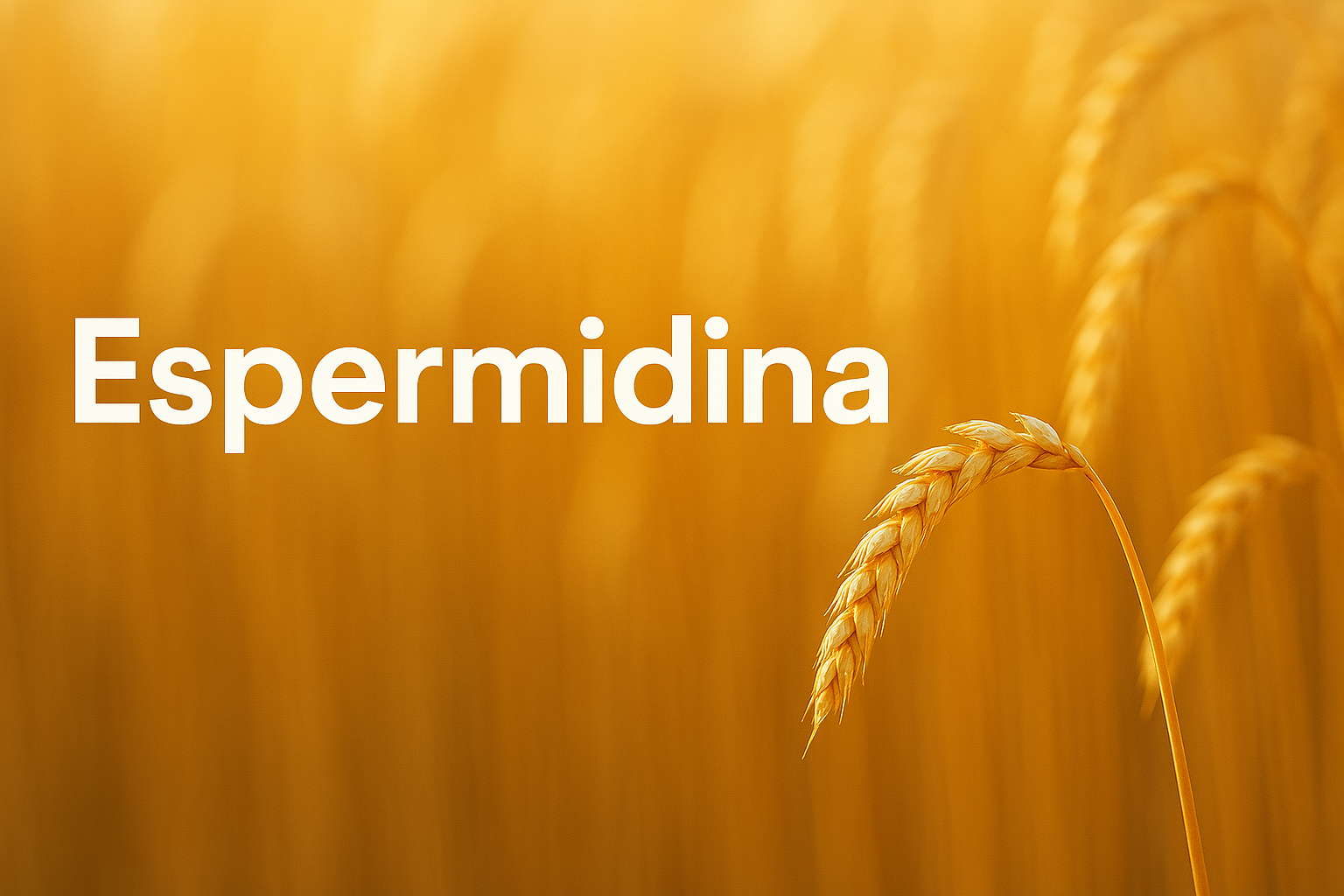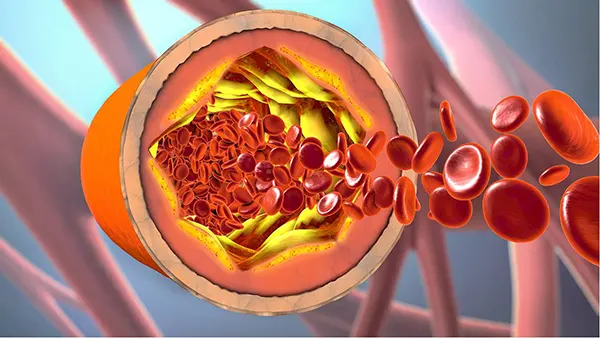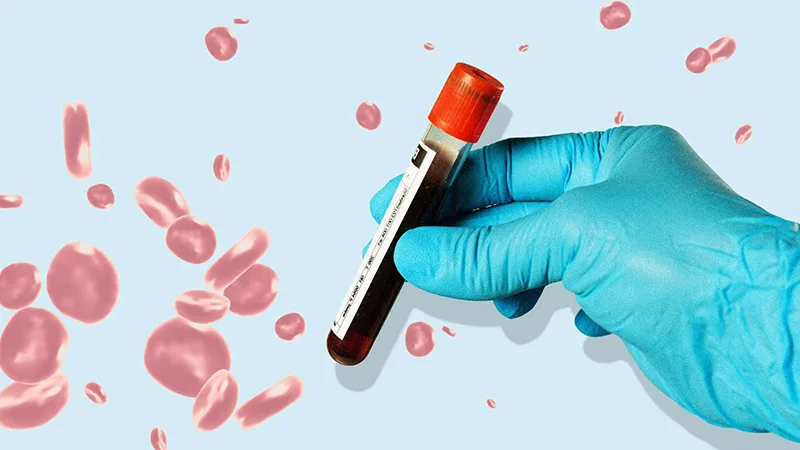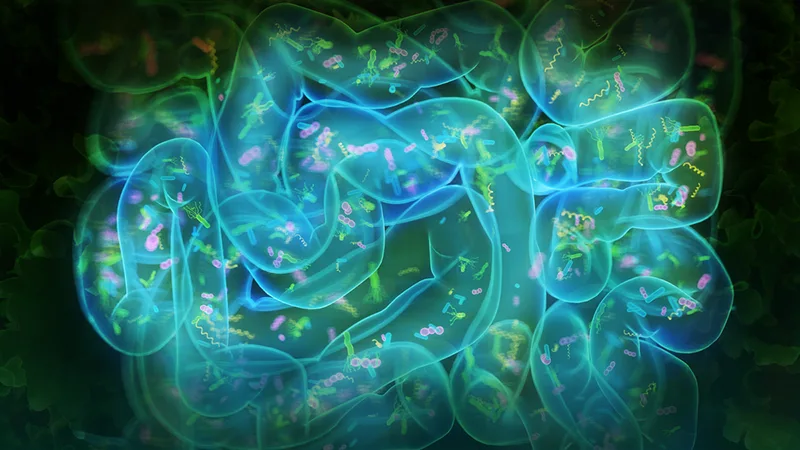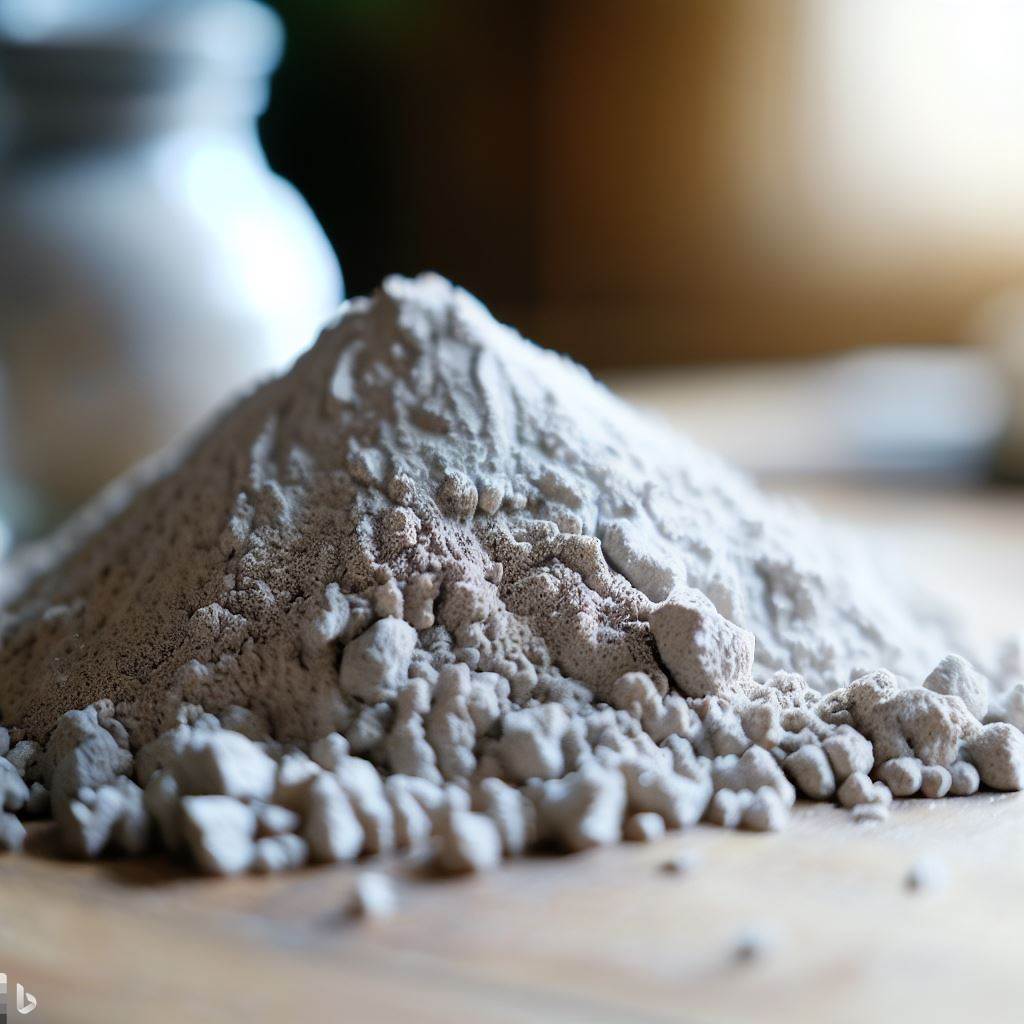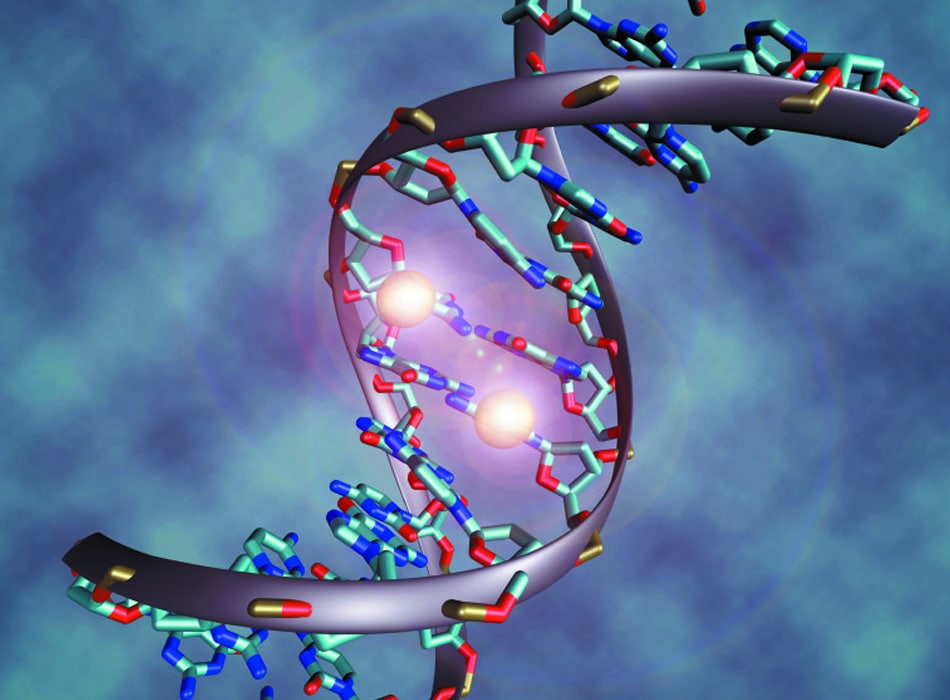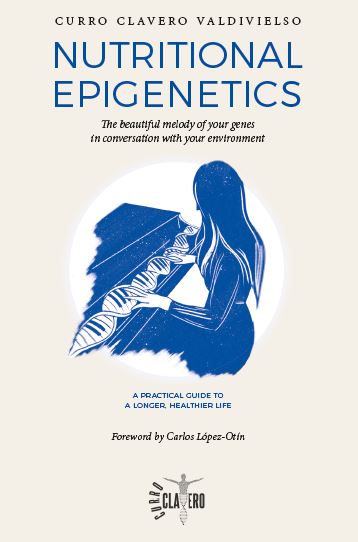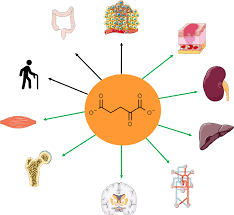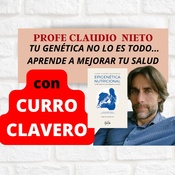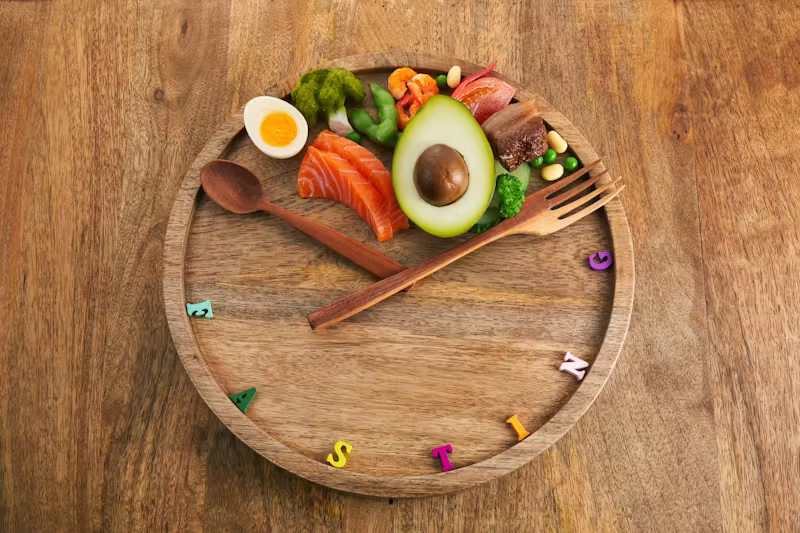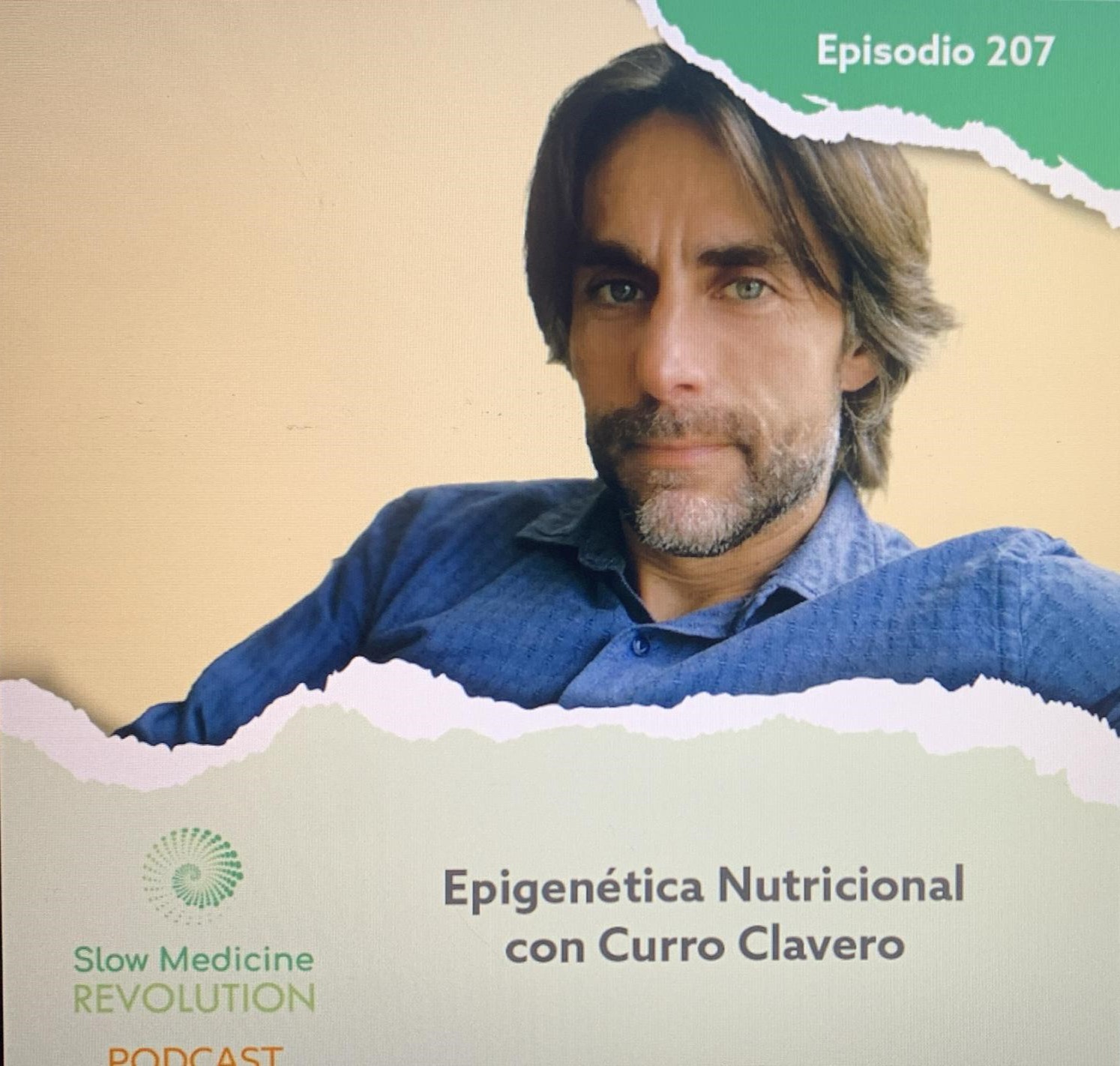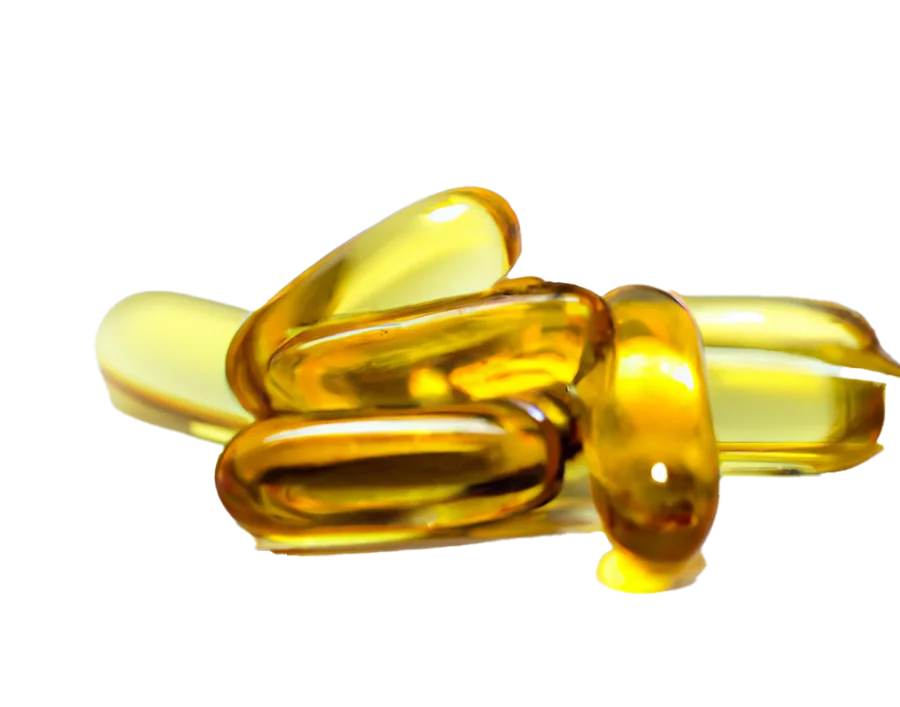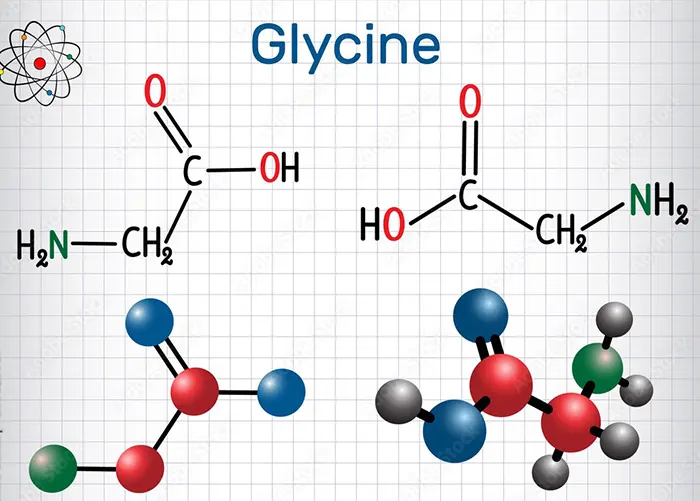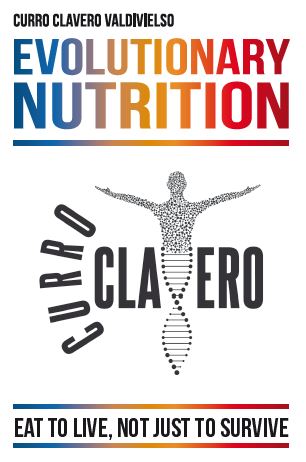Today I want to talk to you about one of my molecules favorite in the field of health and longevity: the spermidine. It’s so interesting that it appears in the three books that I have published, each time from a different perspective. But it was time to dedicate a space of our own, more in depth, explaining what it is, what it’s for and why more and more studies related to aging healthy.
History: how it was discovered spermidine
The history of the spermidine boots in 1678, although not known by that name. It all started with Antonie van Leeuwenhoek, a pioneer of microscopy, that by observing the human semen found some crystals curious. The substance was named later as spermine, in reference to its origin (Latin sperma, semen).
Already in 1878, the German chemist Ludwig Brieger managed to identify formally the molecule, and in the process also isolated another compound related: spermidine, a simpler version of the spermine (hence the suffix -idina). Thus was born the name of this molecule that today is back to take the leading role.
What is the spermidine?
Spermidine is a molecule that is part of the family of polyamines natural. Simply put, the polyamines are small compounds that contain multiple amino groups (–NH₂), something like “claws chemical” that allows them to join easily to other molecules.
Thanks to its small size, and these amino groups, spermidine has a positive charge in the normal conditions of the human body, which is referred to as physiological pH. This allows you to interact stably with molecules a negative charge, such as DNA and RNA, responsible for storing and pass on our genetic information.
For this reason, it is often said that spermidine acts as a “glue ion”: adheres to the genetic material, and other molecules relevant to stabilize them or regulate their activity. In addition, due to its structure, the polyamines, including spermidine— are quite stable and resistant to both acidic environments such as alkaline.
Although it was originally discovered in the semen, spermidine is present in practically all living cells, from bacteria and yeast to plants and human cells. And it is not a coincidence: it plays essential roles for cell life, as we will see below.
What does it do in the body (features and benefits)
Cleaning the cell (autophagy)
One of the effects most studied of spermidine is its ability to activate autophagy, a process essential that works like the system of internal recycling of our cells.
Imagine a cell as a small city. Over time, accumulate debris: broken parts, tools disused machinery damaged… autophagy is responsible for pick up that old material (such as protein malformed or damaged structures) and transforms it into reusable pieces. Thus, the cell reconstructs what you need with their own resources. It is clean, savings and sustainability-in-one.
Spermidine acts as a switch that activates this system. When present, the cell eliminate waste more effectively. And what is more interesting: if you block autophagy, they disappear its many benefits. This indicates that autophagy is not a side effect, but the core of its action.
That said, recent studies have shown that spermidine only power this way —and extends the useful life of the cell — when enabled, an enzyme (GNMT) – dependent glycine. That is to say, we need to have glycine available for spermidine to express all its potential. In this article of my blog, you can get more information about its importance and how to avoid deficits, something key if you’re looking to take your health to another level.
In summary, if there is enough glycine, spermidine helps our cells to “take out the trash” and repurposing it serves, a key strategy to keep them young and efficient.
DNA stability and cell growth
Spermidine plays a dual key role within our cells: it protects the DNA and promotes cell growth healthy.
On the one hand, it acts as an architect molecular. Binds to DNA and RNA (the genetic material, and your working copy) to maintain the structure compact and tidy of the chromatin, the way in which the DNA is organized within the nucleus. This protects you against damage and ensures that the genes work properly.
It also helps to stabilize cell membranes, these “walls” that separate the cell interior from the outside. This stability is essential for its integrity and proper functioning.
On the other hand, spermidine also acts as a worker specialized in the construction of proteins. Participates in a modified critical of a factor called eIF5A, which is indispensable for the manufacture of new proteins. This process is directly linked to the ability of cells to grow, divide, and repair tissues.
When the levels of spermidine go down, cell growth slows down and the regeneration is affected. In contrast, with appropriate levels, cells renew themselves better and deal with the stress more effectively.
Effects on longevity and aging
In recent years, the spermidine has gained prominence in the field of longevity. Why? Because it could act as a geroprotector: a molecule that helps to not only age well, but maybe let you live longer.
It all began with studies in simple organisms such as yeast, worms and flies, and lived longer when they received spermidine. Later, it was found that human immune cells in the laboratory also survived more time to be exposed to this molecule. Even in older mice, supplementation with spermidine improved their general health and prolonged its half-life.
And how do you get it?
Researchers have observed that reduces the cellular damage caused by oxidative stress —something like the “oxide” internal that we have accumulated over the years— and also activates genes involved in autophagy, the recycling system cell which we have already spoken. This occurs because they modify the way that you package the DNA, facilitating the activation of beneficial genes. The result: less cell debris, and increased survival.
Many experts compare its effect with that of a calorie restriction, a low-calorie diet that has been shown to extend life in animals. But with one big advantage: the spermidine achieves similar results without the need of going hungry.
And not all of it is in the laboratory. Some human studies have found that those who consume more foods rich in spermidine have a lower risk of dying from any cause, compared with those who consumed less. A data promise.
Cardiovascular health
Spermidine not only seems to benefit the longevity in general, but also cares for the heart, the motor that never stops.
A study published in Nature Medicine in 2016 showed that mice treated with spermidine during all his life is not only lived longer, but that kept the heart in a better state. These animals had less cardiac hypertrophy (thickening of the heart muscle), and kept a better diastolic function, that is to say, the heart’s ability to relax between beats, something which tends to deteriorate with age.
Want to know the secret? Once more: the autophagy, this time turned on in the cells of one’s own heart. Spermidine helped to remove damaged components and to reduce chronic inflammation and low-grade, two key factors in the aging cardiovascular system.
And not everything is in mice. The same researchers analyzed data in humans and found that those who consumed more spermidine through the diet had lower blood pressure and a lower incidence of heart disease as they age.
For this reason, some scientists are already proposing spermidine as a strategy for dietary promising anti-hypertension, and heart failure in advanced ages.
Yes, as with all studies in animals or based on observations, there is to be cautious. Even so, the pieces fit together: the spermidine active key mechanisms such as autophagy, protects mitochondria and reduces inflammation. It’s all pointing to a heart of the most clean, efficient, and resistant to the passage of time.
Cognition and brain health
The brain is also a win-win situation with spermidine. In animal studies, older mice who received this molecule improved their memory, both to remember places to situate events in time. A finding nothing less when we talk about aging.
What are these effects? Mainly that the spermidine activates autophagy in neurons, helping to remove waste products that accumulate over the years: mitochondria damaged, toxic proteins and other debris that dulls the brain’s functioning. It is as if sweep the cobwebs that form with age.
What is more promising is that these benefits have not been left alone in mice. In 2018 we published a small study in older people with cognitive impairment subjective, an initial phase before a possible dementia. For three months, one group drank a supplement rich in spermidine and the other a placebo. The result? Those who took spermidine improved significantly on tests of memory, while the other group showed no changes.
The researchers believe that these effects could be due to autophagy or to the reduction of neuroinflammation, two key processes in the aging brain.
Although it was a preliminary study, and with a few people, opens a door of hope. In fact, they are already in place more extensive trials and prolonged, as the so-called SmartAge, to check whether the effects are maintained and are consistent.
Anti-inflammatory effects
One of the enemies silent of aging is the inflammation chronic low-grade, also known as inflammaging. This is not an acute inflammation —which causes fever, or redness, but rather a slow fire that damages the tissues with the passage of time.
Here also comes into action spermidine. Although not acting as an anti-inflammatory, direct, promotes autophagy, which allows you to remove cell debris that could trigger immune responses unnecessary. Less waste-molecular, less alarm immunity.
In addition, in animal studies, spermidine changed the behaviour of certain immune cells, such as macrophages. Helped them to adopt an attitude that is more calm (type M2), in place of the more aggressive version and proinflammatory (M1). Also reduced levels of inflammatory molecules such as TNF-α, suggesting that it contributes to a cellular environment more stable and less inflamed.
How to increase the levels of spermidine
To enhance the endogenous synthesis
To ensure the availability of SAMe
The synthesis of the polyamines depends on the SAMe, the second molecule is used most often by the body. No SAMe, there is spermidine. And with age, their availability decreases.
In addition, the agency needs SAMe for many other essential functions, so that your “deal” is limited.

How to increase the SAMe is out of the focus of this article, but the development in depth in my book “Epigenetics Nutrition”.
Improve the microbiota
In addition to the SAMe, a gut microbiota healthy is key to produce spermidine.
Some bacteria synthesize the digest pectin, a fiber present in the albedo (the white part of the peel) of citrus fruits such as oranges, lemons and grapefruits. Also abundant in the skin of green apples (such as Granny Smith) and the quince fresh (not processed at the supermarket).
In summary: a diet with sufficient pectin and microbial balance healthy activate our “factory bacterial” of spermidine. And if, in addition, we maintain a intestinal mucosa without inflammation, improve the uptake of polyamines produced.
Intermittent fasting
The intermittent fasting, in addition to its metabolic benefits, it also seems to increase the intracellular levels of spermidine. It has been observed this effect in yeast, flies, mice and even humans.
Why does this happen? Because in the absence of external nutrients, the cells activate routes of survival, including increased production of polyamines to induce autophagy and protect yourself.
In laboratory models, block this synthesis reduced the positive effects of fasting on longevity. Everything indicates that spermidine is a key part of the mechanism pro-life of fasting.
External sources of spermidine
Supplementation
The growing scientific interest has driven the emergence of nutritional supplementation of spermidine, commonly made from an extract of wheat germ. They often provide between 2 and 5 mg per capsule.
Higher doses, such as 10 mg, not significantly elevated circulating levels due to the limitations in the absorption and rapid metabolism of this molecule.
That said, I do not recommend spending money on supplements: there are economic, the purity is not guaranteed and those same quantities can easily be obtained with certain foods. Let’s see what.
Food
Spermidine is present above all in the food-fermented or aged. Highlights:
- Wheat germ
- Nattō (soy, cooked and fermented)
- Peas
- Shiitake mushrooms
- Very aged cheeses: chédar, parmesan, manchego, and blue cheese
To reach an amount equivalent to the supplements (5 mg), it is sufficient to consume for example:
- 20 g of wheat germ
- 25 g of cheddar cheese cured (minimum 1 year of maturity)
- 55 g shiitake mushrooms
Are there risks or contraindications?
Yes. One and relevant: the cancer. Explain.
Spermidine has a dual role in cancer:
- Guard: Through the activation of autophagy, anti-inflammatory effects, regulation of oxidative stress, modulation of cell cycle and apoptosis selectively in tumor cells, may protect against cancer. Especially for those who did not occur and in early stages, to slow down the tumor growth and prevent metastasis.
- Potentially harmful: very high Levels —especially if they come from tumor cells— can create an environment immunosuppressive and encouraging the proliferation and progression of cancer. This has been observed especially in advanced stages or in specific types, such as glioblastomas and cancers gastrointestinal.
The council is prudent:
Avoid supplementation direct in people with active cancer or advanced, especially in the above-mentioned types. Could promote tumor progression and inhibit the immune response.
That doesn’t mean that they should be completely eliminated those foods rich in spermidine, which are a part of many healthy diets. It is advisable to avoid large amounts or supplements, concentrates, and, above all, always consult with the oncologist before taking decisions dietary in this context.
Conclusion: is it worth it to pay attention to the spermidine?
Definitely, yes. Spermidine is not a fad: it is a molecule with a track record of sound scientific and expansion. Its ability to activate autophagy, stabilize cellular structures, and modulate key processes such as inflammation or oxidative stress, situated on a privileged place within the research on longevity.
From cardiovascular health to brain function, including its potential as a geroprotector, their benefits are wide ranging, although we still need more human studies to confirm its effectiveness as a supplement.
The good news is that you no longer need to resort to supplements, expensive or purity uncertain. We can obtain any relevant quantities of spermidine through the power —wheat germ, cheeses, mushrooms shiitake— and to enhance their synthesis strategies such as intermittent fasting, a good microbiota and adequate levels of SAMe (something that I develop in my book Epigenetics Nutrition).
And, as always, the health, the context matters. In cases of active cancer or advanced, we need to act with prudence and to avoid resorting to supplements.
Take care of your levels of spermidine is another piece of the puzzle of the cellular health and longevity. And as you have seen, there are simple ways to natural, and accessible to do so.
Scientific sources consulted
https://www.frontiersin.org/journals/nutrition/articles/10.3389/fnut.2019.00108/full
https://www.nature.com/articles/ncb1975
https://pmc.ncbi.nlm.nih.gov/articles/PMC6397830
https://pmc.ncbi.nlm.nih.gov/articles/PMC11673770
https://pmc.ncbi.nlm.nih.gov/articles/PMC5806691
https://www.aging-us.com/article/103035/text
https://www.sciencedirect.com/science/article/abs/pii/S0010945218303137?via%3Dihub
https://pmc.ncbi.nlm.nih.gov/articles/PMC10143675
https://pmc.ncbi.nlm.nih.gov/articles/PMC10117651
https://pmc.ncbi.nlm.nih.gov/articles/PMC11735101
https://pmc.ncbi.nlm.nih.gov/articles/PMC9339478/#S10
https://pmc.ncbi.nlm.nih.gov/articles/PMC5783676
https://pmc.ncbi.nlm.nih.gov/articles/PMC11673770/#:~:text=,Google

